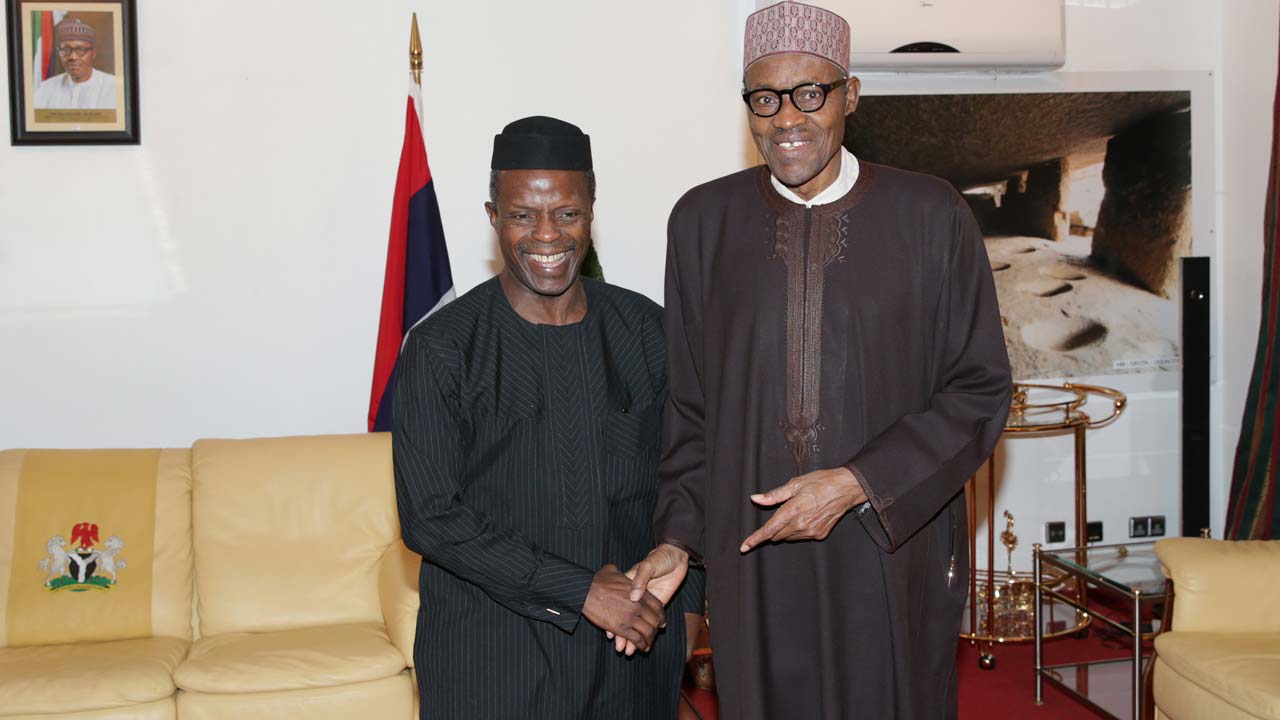- FG Plans New Approach to Resolve Niger-Delta Crisis
The Federal Government, in a bid to boost oil revenue, is considering a new approach to resolving and sustaining peace in the troubled Niger Delta region.
The approach, which will be tailored to address the specific needs of each state in the region, will complement ongoing efforts at the national level by ensuring that state governors, elders, youths and stakeholders play a more active role in keeping the peace.
The approach is one of the issues in focus during the tour of Abia State by Vice President Yemi Osinbajo, who was accompanied by the Minister of State for Petroleum, Dr. Ibe Kachikwu, and other top officials.
The state-focused plan, also known as the ring fenced state approach, was one of the issues dealt with by Kachikwu in his latest monthly podcast to stakeholders, titled: ‘Oil sector militancy challenges – Road to closure: 20 point plan’.
Among other features, the plan involves the Petroleum ministry working with governors of the oil producing states to realise fit-for-measure solutions to identified unique challenges facing oil producing communities in the states.
Kachikwu said, “One of the things we will need to do frankly is that each state must develop a fit for measure solution. I will be working with state governors to identify the peculiarities of every state and what we need to do to bring a solution to that state.
“The main objective is to substantially increase the benefits and rewards flowing to oil producing states, which bear the brunt of the devastating environmental damage that diversely affects both the economic survival and social activities in the affected communities.”
The minister said the new approach would help to ensure that opportunities in contracting, securing the pipelines, as well as other businesses within a particular state coming from the oil sector, go to such community substantially.
“The result of this is that indigenes of the state can protect themselves from incursions from individuals who are largely criminal elements coming in from other states to cause confusion,” he added.
Apart from the state-focused approach to achieving and sustaining peace and development in the Niger Delta and other oil producing parts of the country, Kachikwu also proposed other complimentary initiatives.
To institutionalise engagements and nip developing crisis in the bud, the minister said he would, at least once every two months, coordinate meetings involving state governments and their representatives, the military, the oil companies operating in those areas, and stakeholders.
During the meetings, he said intensive solution-focused brainstorming sessions on current challenges affecting specific oil producing communities would take place.
The objective of the engagements, he added, was to identify the specific concerns of the people in the states, isolate the issues that could cause problems and reach a wide consensus on the solutions and steps that would be taken towards resolving them on a permanent basis.
Kachikwu also made it clear that incentives and sanctions were central to the new Federal Government strategy for the Niger Delta.
He said, “If you have peace, you have investment. If you don’t have peace, you cannot have investment. The Federal Government can help propel investments to come into those areas, because they have provided the peace.
“If they don’t provide the peace, they lose the jobs, the contracting that will enable the states to grow. So we are going to be launching a peace and investment initiative on a state by state basis so that we can incentivize those states that are able to maintain the peace.”

 Naira3 weeks ago
Naira3 weeks ago
 News4 weeks ago
News4 weeks ago
 Naira4 weeks ago
Naira4 weeks ago
 Jobs4 weeks ago
Jobs4 weeks ago
 Naira3 weeks ago
Naira3 weeks ago
 Travel3 weeks ago
Travel3 weeks ago
 Naira3 weeks ago
Naira3 weeks ago
 Investment4 weeks ago
Investment4 weeks ago






























